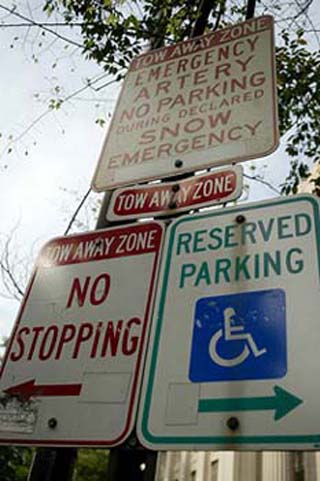Course Description
Law is a common and yet distinct aspect of everyday life in modern societies. This course examines the central features of law as a social institution and as a feature of popular culture. We will explore the nature of law as a set of social systems, central actors in the systems, legal reasoning, and the relationship …
Law is a common and yet distinct aspect of everyday life in modern societies. This course examines the central features of law as a social institution and as a feature of popular culture. We will explore the nature of law as a set of social systems, central actors in the systems, legal reasoning, and the relationship of the legal form and reasoning to social change. The course emphasizes the relationship between the internal logic of legal devices and economic, political and social processes. Emphasis is placed upon developing a perspective which views law as a practical resource, a mechanism for handling the widest range of unspecified social issues, problems, and conflicts, and at the same time, as a set of shared representations and aspirations.
We will explore the range of experiences of law for its ministers (lawyers, judges, law enforcement agents and administrators) as well as for its supplicants (citizens, plaintiffs, defendants). We will examine how law is mobilized and deployed by professionals and ordinary citizens. We cannot cover all aspects of the legal system, nor focus on all the different actors. A set of topics has been selected to develop understanding of the situational and systemic demands within which actors in the legal system operate and perform their roles; at the same time, we will try to discover systematic patterns in the uses and consequences of law. Throughout the course there is concern for understanding what we mean by legality and the rule of law.
Course Info
Learning Resource Types











